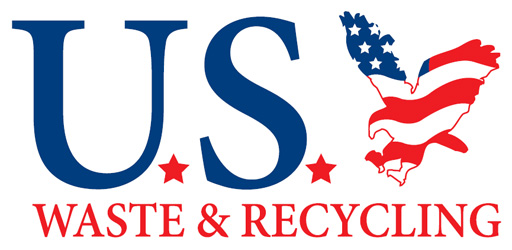A Look at Different Types of Industrial Waste
Businesses and consumers all over the country depend on industrial plants to do the heavy lifting involved with production and manufacturing. As you can imagine, manufacturing plants produce a large amount of waste that has to go somewhere. Industries have the added challenge of ensuring that their waste doesn’t contaminate the surrounding environment. Here’s a quick look at the types of industrial waste that a waste management company in Atlanta may end up handling.
Recyclable Materials
Much of the waste produced or received by industries can be recycled. The trick is to determine exactly which items can be recycled and make sure they make it to the appropriate facilities. For instance, an industrial plant may receive thousands of boxes full of materials necessary for production. Once the contents of those boxes are removed, the boxes themselves can be recycled.
Non-Recyclable Waste
Of course, not everything can be recycled. There are many items that will need to be picked up by a waste management company and delivered to a landfill, or else reused in a more creative manner. Working with waste experts to identify the proper disposal methods for certain materials can help ensure that your plant is in compliance with the law.
Manufacturing Byproducts
Manufacturing plants are hard at work every day producing products that are shipped around the world. As you can imagine, there are also plenty of byproducts left on the facility floor. Much of the time these byproducts can be collected and reused for other industrial purposes—other times they need to be recycled or otherwise disposed of.
Hazardous Waste
Manufacturing millions of units of product can be messy business. Many industries rely on hazardous materials to create their products in a manner that is consistent with consumer expectations. However, these industries are responsible for ensuring that any hazardous materials are disposed of properly, both for the sake of their employees and the surrounding environment.
